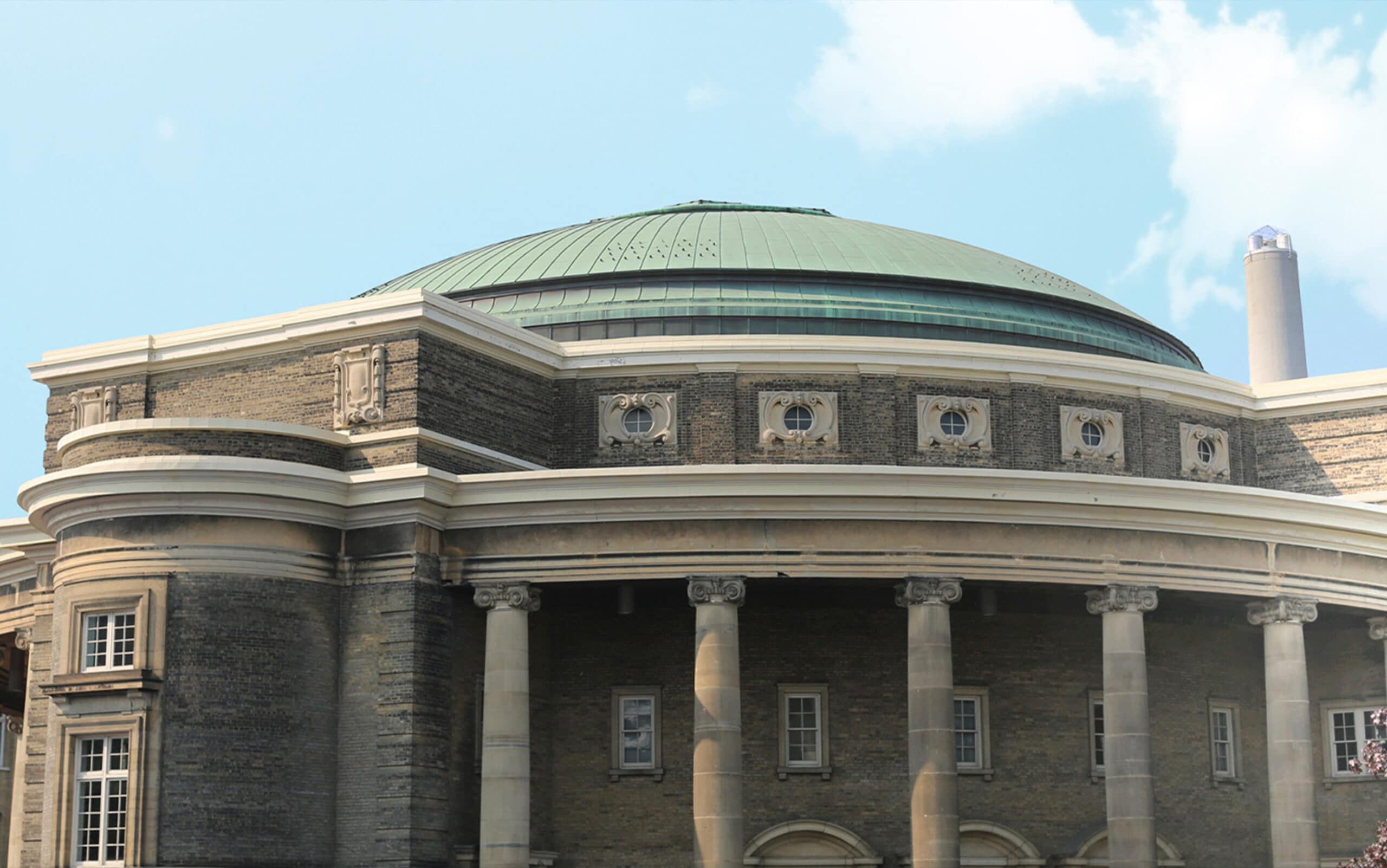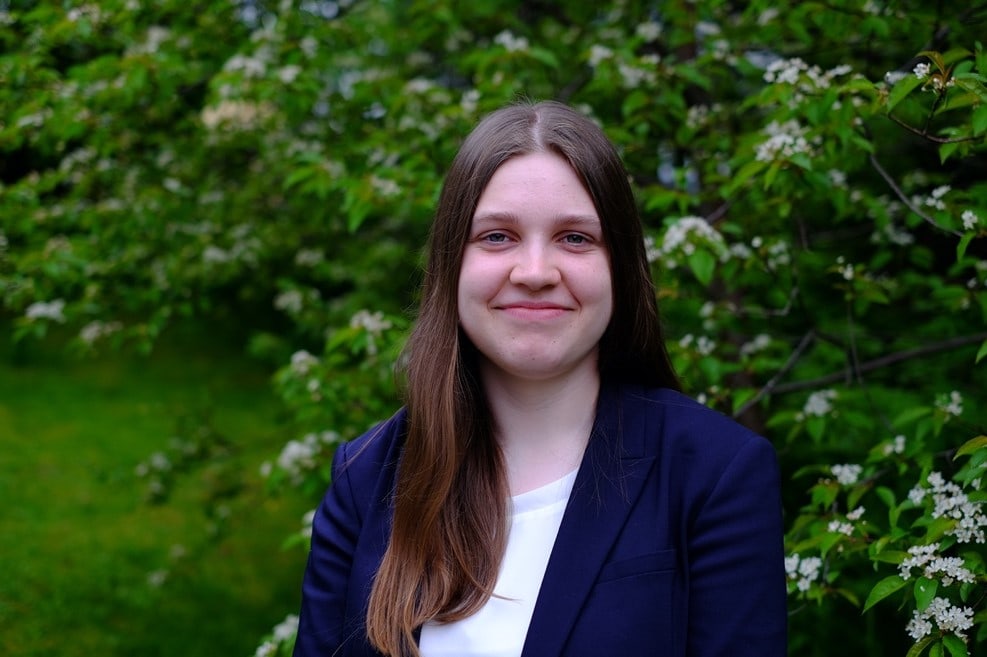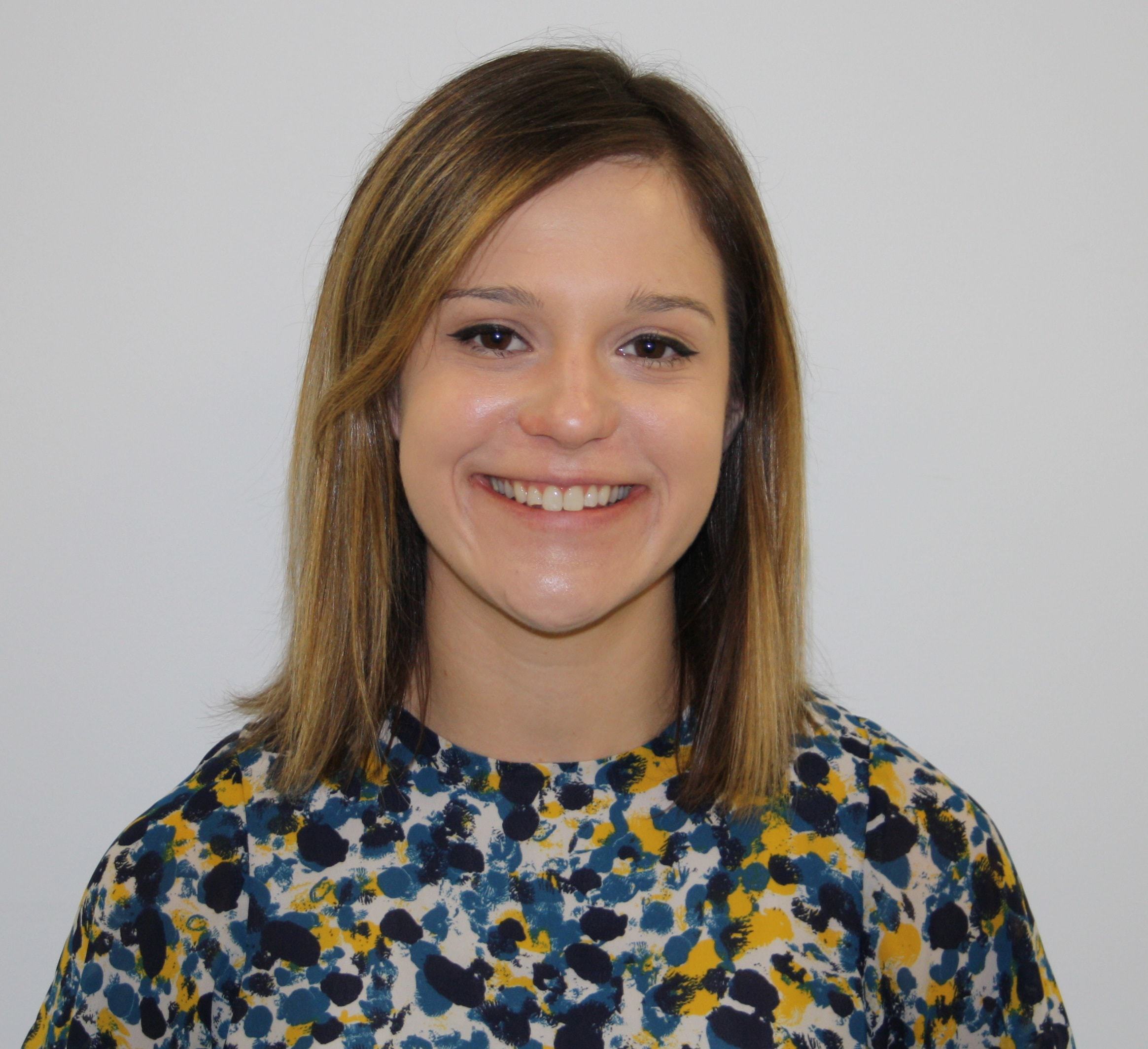Building transport and health-care equity: the 2021 C. David Naylor Fellowships
Generous awards established by Arthur and Sandra Irving help doctoral students do important research: on transport planning and on cancer care for the 2SLGBTQ+ community.

Most things about coming to Toronto from her hometown of Fredericton, New Brunswick, have been very positive for Carly MacEacheron—she’s in her dream PhD program at the University of Toronto. But unfortunately, she had a tough introduction to biking in the city.
“I got stuck in the streetcar tracks!” she says.
MacEacheron feels lucky to have escaped with a bruised chin and sprained wrist, but the incident made her even more motivated to pursue her PhD research on removing barriers to cycling access. She hopes her studies can help inform more equitable and accessible public transportation in cities – with a particular focus on planning for cycling infrastructure.
And as one of two recipients of this year’s Naylor Fellowships, along with Lauren Squires, a PhD candidate in public health, MacEacheron can count on a $30,000 graduate scholarship to help launch her doctoral studies.



